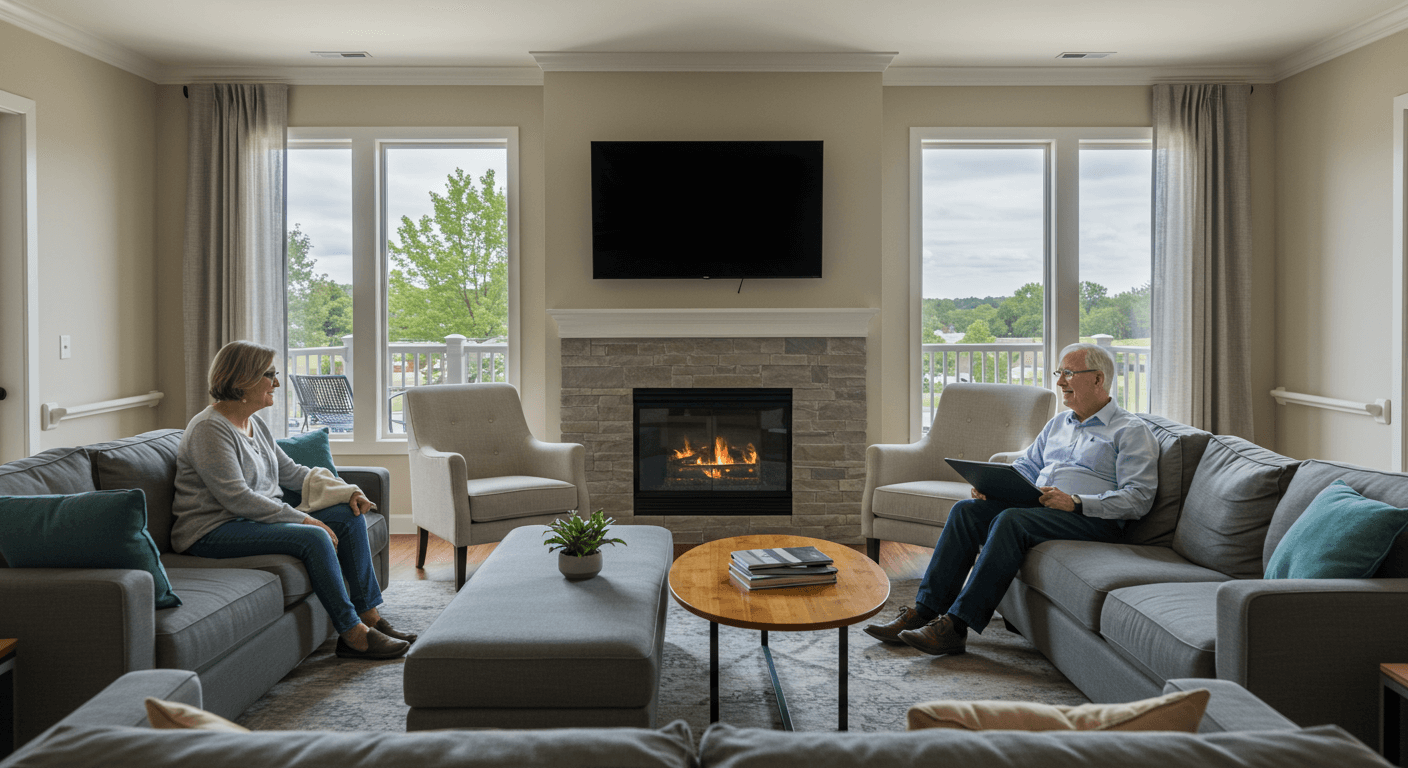Mental Health and Wellness for Aging Adults
Expert advice on maintaining mental wellness for seniors, covering emotional health, social engagement, and practical resources for caregivers.

Maintaining mental health is crucial for seniors to enjoy a fulfilling life. This guide provides actionable strategies and expert insights to support emotional well-being in aging adults.
1. Stay Socially Connected
Encourage regular interactions with family, friends, and community groups to combat loneliness and isolation.
2. Engage in Physical Activity
Incorporate daily exercise like walking or gentle yoga to boost mood and cognitive function.
3. Practice Mindfulness
Use meditation or deep-breathing exercises to reduce stress and enhance emotional balance.
4. Pursue Hobbies and Interests
Stay mentally active with activities like reading, puzzles, or gardening to maintain cognitive health.
5. Seek Professional Support
Consult therapists or counselors if experiencing persistent sadness, anxiety, or mood changes.
The Science Behind Senior Mental Health
Research shows that social engagement, physical activity, and cognitive stimulation can significantly reduce depression risk and improve overall mental wellness in older adults.
Emergency guidance
Recognize Crisis Signs
Immediate help is needed if a senior expresses suicidal thoughts, shows severe confusion, or experiences sudden behavioral changes.
Emergency Resources
Contact crisis hotlines (e.g., 988 Suicide & Crisis Lifeline) or seek emergency medical care for urgent mental health concerns.
Pro tips
- Create a daily routine to provide structure and reduce anxiety.
- Use technology like video calls to maintain connections with distant loved ones.
Common pitfalls
Neglecting mental health can lead to depression, social withdrawal, and declined physical health, impacting overall quality of life.
Recommended reads



You may also like






